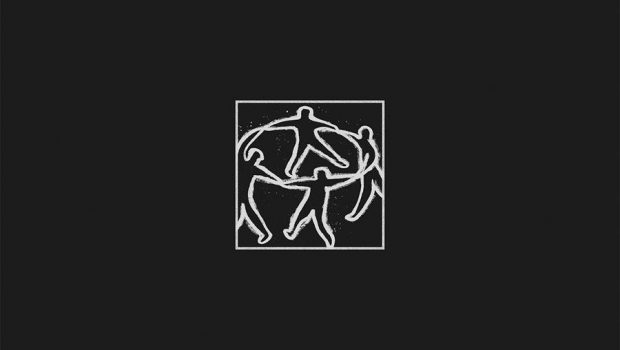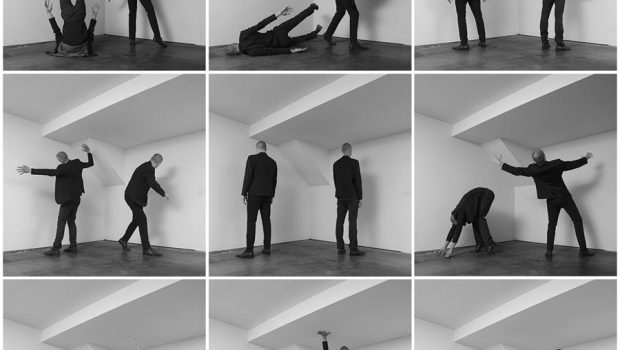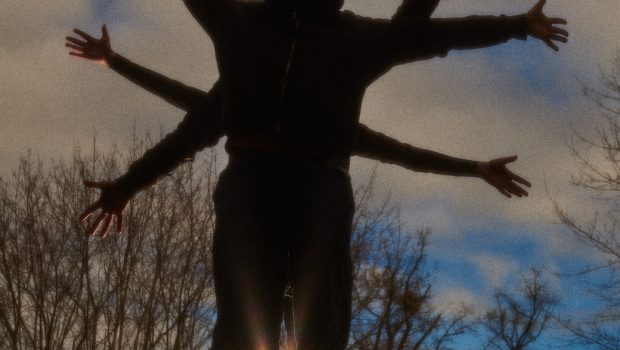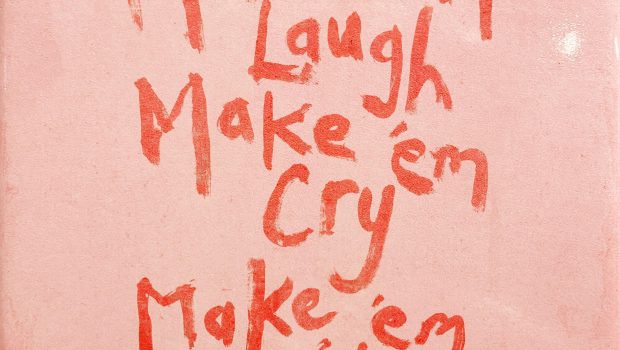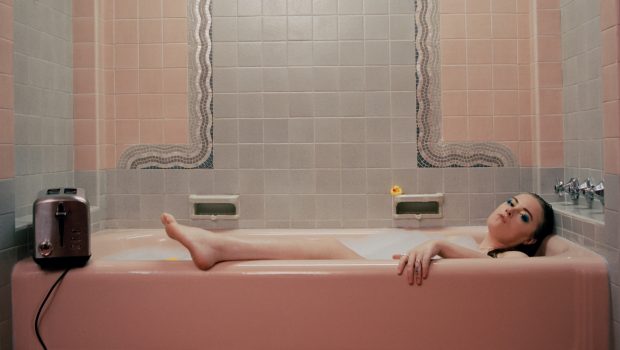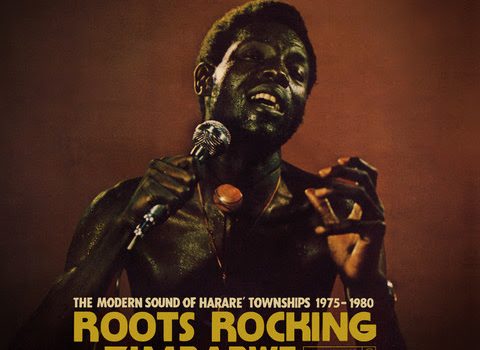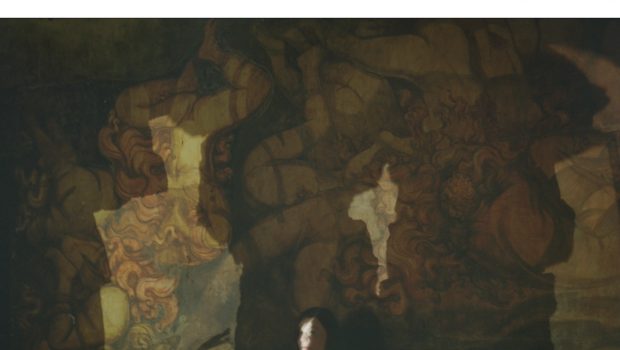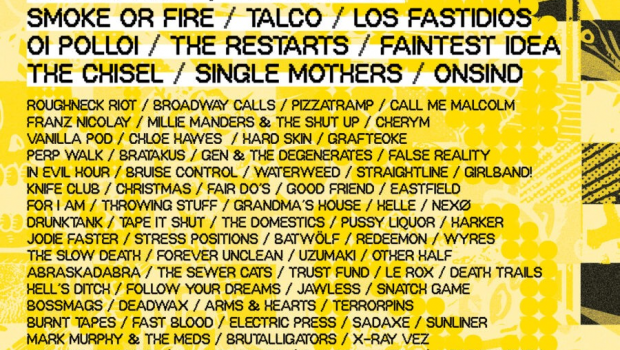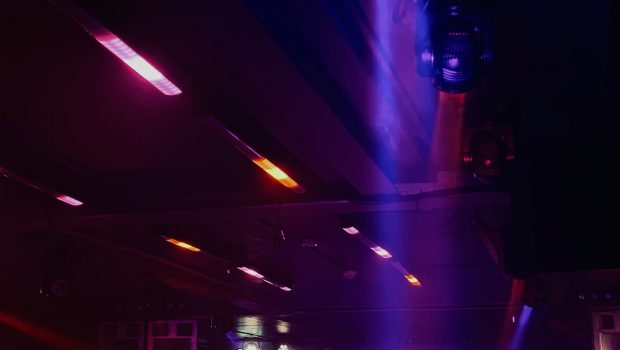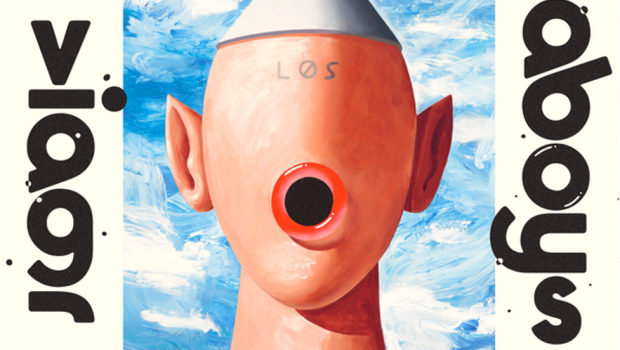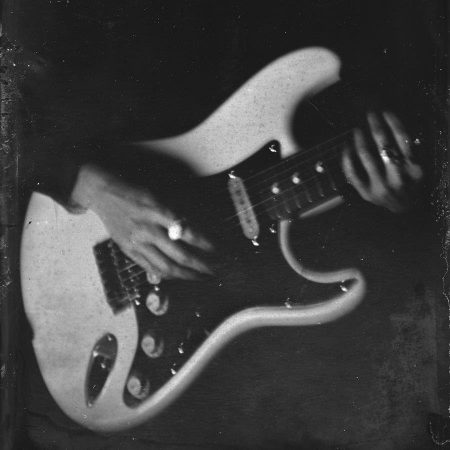 No Depression in Heaven, Madeline Johnston’s newest release under the Midwife moniker, is a steady trickle of dreamlike slowcore from the other side of an infinite expanse. The Denver, Colorado-based purveyor of self-described ‘Heaven Metal’ (described as emotional music about devastation) returns after last year’s excellent Orbweaving – a collaboration with Vyva Melinkolya – with seven new ethereal offerings. Having been written whilst on tour over the past few years, No Depression in Heaven has been bestowed with a transience – as if floating in orbit, dispatching broadcasts to an increasingly distant land.
No Depression in Heaven, Madeline Johnston’s newest release under the Midwife moniker, is a steady trickle of dreamlike slowcore from the other side of an infinite expanse. The Denver, Colorado-based purveyor of self-described ‘Heaven Metal’ (described as emotional music about devastation) returns after last year’s excellent Orbweaving – a collaboration with Vyva Melinkolya – with seven new ethereal offerings. Having been written whilst on tour over the past few years, No Depression in Heaven has been bestowed with a transience – as if floating in orbit, dispatching broadcasts to an increasingly distant land.
Opening track ‘Rock N Roll Never Forgets’ moves at glacial pace, somewhere between a space walk and trickling molasses. Each chord reverberates out into nothingness, as a sliding guitar lead cries out like a foghorn over a treacle sea, each wave crawling their way to shore. Johnston’s voice, obscured and out of reach, wavers like a frail radio frequency. As it reaches the end of its seven minutes, the song ebbs out into simmering noise, like the emitter of whatever signal you just picked up has drifted out of range and you’re left with the white noise of your receiver.
‘Autoluminescent’ has this gorgeous progression, gliding between individual chords that envelop you like a duvet. The droning background sound changes pitch in sloping curves as if it was a singing voice from beyond, distorted by distance. Johnston utters lyrics taking the role of a celestial body of light, one that is “bigger than Jesus Christ… greater than God in light.” These words, as they descend from above, reinforce that aura of this album as a cosmic transmission.
The gliding motion between chords, carried by reverb, is even more apparent on ‘Droving.’ Each movement is a passing comet, transformed from a transitioning note to a key tool in the songwriting of these tracks. “I have always been asleep” Johnston sings, later adding “I was never here, here to stay.” Aside from these surreal lines, the real lyrical focus on ‘Droving’ is on leaving. Johnston details saying “goodbye to the drums, goodbye guitars” as well as telling someone she has “known… for so long” and “loved… for so long” that “life like this could be [their] last song.”
‘Vanessa’ has one of my favourite riffs on the record, as it has so much movement in it. A lot of the songs here are built atop chords that shift like tectonic plates, carrying the song along with them. With this arpeggio riff, it feels so much more breakable, like a strong wind could tear it asunder. There’s so much melancholy in that, and in unison with the lyrics “You don’t look at me the way that you used to, you can’t look me in the eye/ Can you hold on just a little bit longer before I lay you to rest in my mind” it’s utterly heartbreaking. My one slight nitpick with this song is that sometimes when it gets to the repetition of the titular name, I personally wouldn’t miss it if a couple repeats were taken out to move the song on a little sooner. Nothing that destroys my enjoyment of the song too much, and it’s a really tiny note but on multiple relistens whilst writing this review I occasionally found how much “Vanessa” is repeated getting a little tedious.
I remember when lead single ‘Killdozer’ came out and just being floored by it. The chord progression laced with nostalgia, the lyrics about a hometown in decay and wrapping that up by naming it after the rampage of an incensed small-town resident from within an impenetrable modified bulldozer – something about it just really stuck with me. Being from a small city that has always felt hollow to me, ‘Killdozer’ felt like a song that had been written for me. It still might be my favourite song on No Depression in Heaven, in part because of that.
There’s also, if you can believe it, a cover of the Eurodance classic ‘Better Off Alone’, originally by Alice DeeJay. Taking what were pretty depressing lyrics to begin with and bringing them to what feels like a much more fitting context, Johnston’s voice seems to echo infinitely, as she pleads over and over again “Talk to me, oooh-ooh talk to me.” There’s an uncanny-ness about hearing a familiar dance track covered as a desperate, sullen slowcore/dream pop song but that’s what has made me return to this cover so often.
The album closes with its title track ‘No Depression in Heaven.’ The riff gives ‘Vanessa’ a run for its money as my favourite riff on the album. Retaining that frailty and gentility, it looms over the song, feeling more and more distant throughout. Complimented by wistful lead runs that soar through the gaps left by the main riff, the song feels – appropriately – heavenly. The lyrics are minimal, with just the repetition of the word “crying” before emerging into ironic laughter, “ha ha ha ha ha ha ha ha ha” sang beautifully to the point I struggled to make out that it was laughter. After the laughter peters out, the reverb and other assorted effects implode in on themselves. End of transmission.
If it isn’t already obvious, I really love No Depression in Heaven. Giving similar vibes to an album like Grouper’s A I A: Alien Observer, another amazing record, there is something really captivating about this album. It’s like reading the last log of a lost space vessel, manned by one lone survivor. It’s like digging up a time capsule of someone’s dearest letters and trinkets. Mysterious and otherworldly, obscured and yet really immediate. I have my slightest of complaints, like I don’t love that the only real lyric on the titular track is the word crying – which if I’m honest, did really disappoint me – and the occasionally tiring repetition of the name Vanessa but on the whole I’m fully enamoured by this album, and I hope you will be too. Go and have a listen!
Midwife: No Depression in Heaven – Out 6th September 2024 (The Flenser)
